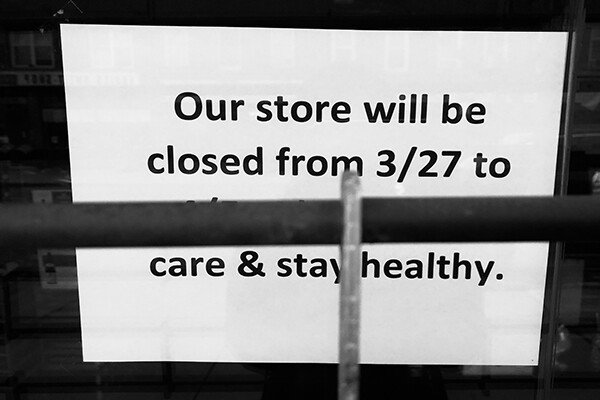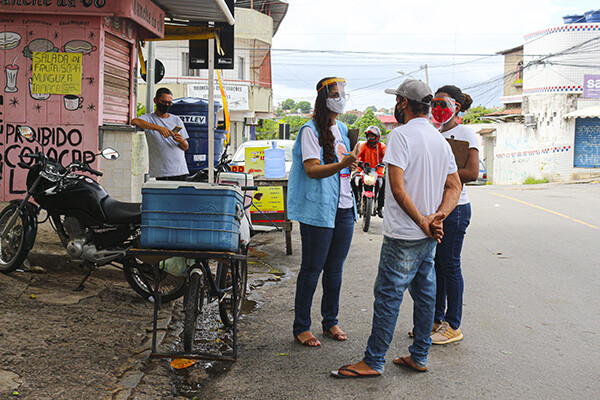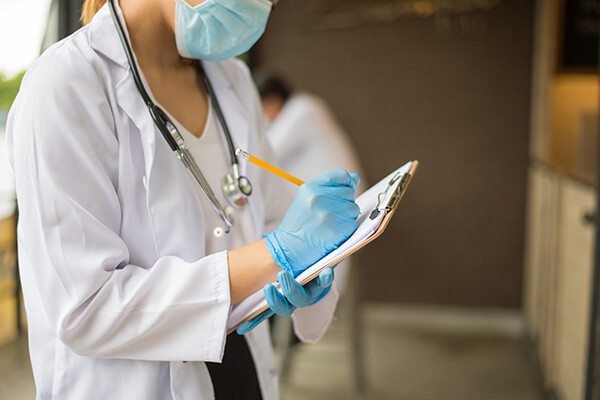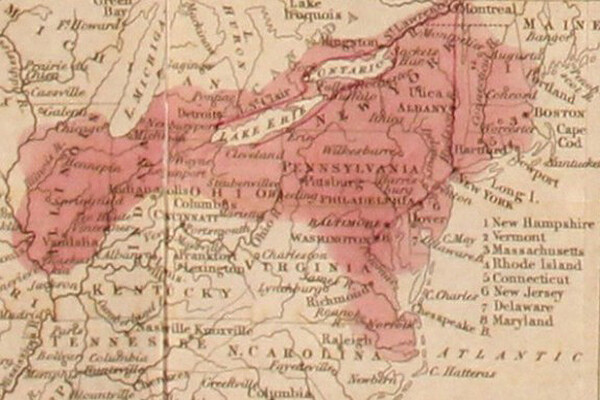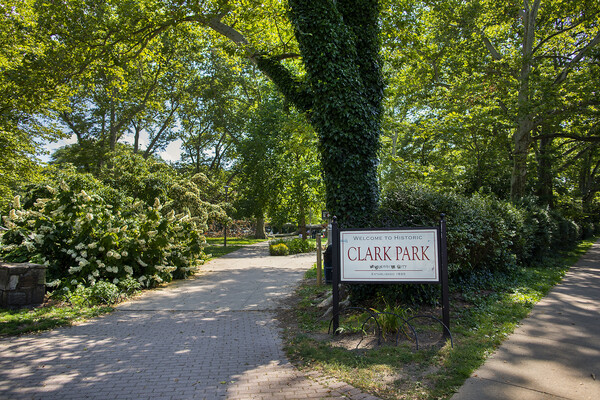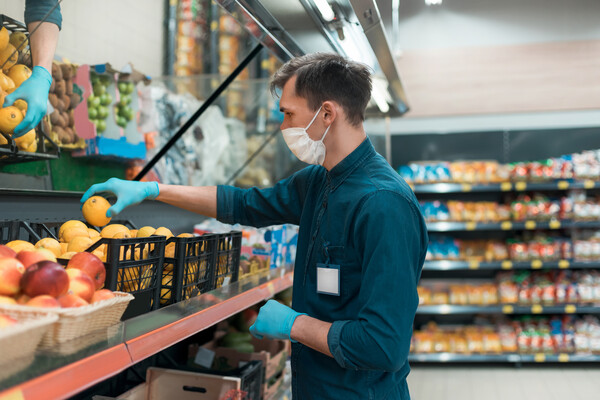11/15
Public Health
The post-COVID workplace: Will employees be safe?
Experts at Wharton weigh in on what to expect when employees return to the workplace post-pandemic, and whether to expect all employees can, and will, return to a traditional workplace.
A return to ‘normal’: How long will the pandemic last?
Wharton’s Zeke Emanuel predicts the U.S. won’t see a full return to normal by pre-pandemic standards until November of next year, when a vaccine can likely be produced and distributed.
Brazil’s coronavirus crisis
Brazil has become one of the world’s deadliest hotspots for the novel coronavirus, second only to the United States in deaths and infections. Melissa Teixeira, a historian of modern Brazil, shares her thoughts on the nation’s response and challenges it faces in battling the virus.
Philadelphia tax on sweetened drinks led to drop in sales
A new study indicates beverage taxes can reduce purchases among populations at higher risk for chronic diseases like Type 2 diabetes.
Penn Medicine’s virtual bridge to opioid recovery
When COVID-19 shifted most outreach and programs to online platforms, recovery specialist Nicole O’Donnell had to restructure her approach to establishing a relationship with patient’s in need of opioid addiction intervention.
Police violence, structural racism, and the science of reform
Co-sponsored by LDI and the Penn Injury Science Center, a virtual seminar on Policing, Race and Health: Prospects for Reform kicks off what will be a continuing series of conversations on the topic over the next year.
Cholera vs. flu: Philadelphia’s historical epidemic successes and failures
Philadelphia’s response to the 1918 influenza might be the poster child of how not to handle an epidemic. Timothy Kent Holliday makes the case that the city was well equipped for outbreaks decades and even centuries earlier.
Can spending time in nature prevent or lessen postpartum depression?
Nurtured in Nature, a pilot project in Black communities conducted by Penn Medicine’s Eugenia South, aims to find out.
Exploring the links between jobs and health, reframed by COVID-19
More than half of America’s farm workers are immigrants, and most have been considered essential workers during the coronavirus pandemic. While this designation has ensured the continuity of their livelihoods, it has also increased their risk of becoming sick.
Parasites and the microbiome
In a study of ethnically diverse people from Cameroon, the presence of a parasite infection was closely linked to the make-up of the gastrointestinal microbiome, according to a research team led by Penn scientists.
In the News
Got canker sores? Try switching your toothpaste
Richard Wender of the Perelman School of Medicine says that canker sores often start with a minor trauma to the mucosal lining, like a sharp edge on a tooth or a pair of prickly braces.
FULL STORY →
Colorado has the most cases of bird flu among dairy cows in the U.S.
The School of Veterinary Medicine has developed a bird flu vaccine that is to be tested by the U.S. Department of Agriculture.
FULL STORY →
FDA Study finds infectious H5N1 bird flu virus in 14% of raw milk samples
Patrick E. Jamieson of the Annenberg Public Policy Center says it is important that anyone planning to consume raw milk be aware that doing so can make you sick and that pasteurization reduces the risk of milk-borne illnesses.
FULL STORY →
This Juneteenth, we must invest in our future as well as remember our past
Victor Roy, an incoming assistant professor at the Perelman School of Medicine, writes that “baby bonds” could help mitigate the worsening racial wealth gap.
FULL STORY →
Column: How a blunder by a respected medical journal is fueling an anti-vaccine lie
Jeffrey S. Morris of the Perelman School of Medicine says that even with a 100% effective vaccine, there would have been high levels of morbidity and mortality from COVID-19 in 2021.
FULL STORY →
RFK Jr.’s vaccine misinformation campaign started after he ignored a Philly doctor
Paul Offit of the Perelman School of Medicine and Melanie Kornides of the School of Nursing comment on Robert F. Kennedy’s misinformation campaign against vaccines.
FULL STORY →





